You can apply for a residence card if you’re both:
● from outside the European Economic Area (EEA)
● the family member, or extended family member, of an EEA national who is a permanent resident or ‘qualified person’
You may also be eligible for a residence card if you have a ‘retained right of residence’ or make a ‘Surinder Singh’ application.
Qualified persons
A qualified person is someone who is in the UK and one of the following applies:
● they’re working
● they’re self-employed
● they’re self-sufficient
● they’re studying
● they’re looking for work (only if they meet certain conditions)
Family members of EEA citizens
You can apply as a direct family member if you’re related to the EEA national as:
● their spouse or civil partner
● their (or their spouse or civil partner’s) child or grandchild who is under 21 or a dependant
● their (or their spouse or civil partner’s) dependent parent or grandparent
If the EEA national is a student, you can only qualify as their family member if you’re:
● their spouse or civil partner
● their (or their spouse or civil partner’s) dependent child
Other relatives of students must qualify as extended family members.
Extended family members
You can apply as an extended family member if you’re either:
● the unmarried partner of the EEA national and you’re in a long-term relationship with them that’s similar to a marriage or civil partnership
● a relative of the EEA national (or of their spouse or civil partner) but you do not qualify as their family member
Relatives include brothers or sisters, aunts or uncles, nephews or nieces and cousins. Relatives can also include grandchildren, parents and grandparents if the EEA national only has the right to reside as a student.
As well as being a relative of the EEA national, one of the following must be true:
● before coming to the UK you were dependent on the EEA national, or were a member of the EEA national’s household, and you’re still dependent on them or are still a member of their household
● you need the personal care of the EEA national (or of their spouse or civil partner) on serious health grounds
Extended family members must have a valid EEApermit or residence card to stay in the UK.
Your application is considered based on your individual circumstances and you may not be approved for a residence card even if you meet the conditions.
Retained rights of residence
You can also apply if you used to have a family member, or extended family member, who was a permanent resident or qualified person. This is called a ‘retained right of residence’. You may get this if, for example:
● your marriage or civil partnership to an EEAcitizen has ended (with a divorce, annulment or dissolution)
● your EEA family member has died and you lived in the UK as their family member for at least one year before their death
● you’re in education and you’re the child of an EEA citizen (or their current or former spouse or civil partner) who has left the UK or died
● your child has a retained right of residence because they’re in education in the UK (and you have custody of them)
You’ll need to prove:
● that your family member, or extended family member, was a permanent resident or qualified person at the time your family relationship ended
● how the relationship ended, for example a death certificate or decree absolute if you divorced
You can only retain your right of residence as an extended family member if both the following apply:
● you currently hold a valid residence card as the extended family member of an EEA national
● you meet all of the relevant conditions
You cannot retain your right of residence if you were the unmarried partner of the EEA national and that relationship has broken down.
Eligibility
To be eligible, your British family member must either have the right to permanent residence in the EEA country where you lived together, or provide proof that they were one of the following there:
● working, self-employed or self-sufficient – for example employer’s letters, wage slips, contracts, bank statements or proof of tax registration
● studying – for example proof of enrolment and attendance
They must also work, study, look for work, or be self-employed or self-sufficient in the UK.
Proof you’ll need to give
Both you and your British family member must prove that you genuinely made your home in the EEA country where you lived together. It must have been your main residence or base for the ‘centre of your life’.
You’ll need to prove that you both:
● lived there together – for example your addresses, time spent living at each address and any proof of renting or buying a home
● were integrated there – for example you spoke the language, had children born or living there, or were involved in your local community
You must also provide lists showing all your:
● previous travel to and from the UK – include the dates you arrived and left
● other UK visa or immigration applications – include whether you applied from inside or outside the UK, and details of each visa or permission to stay if you were successful
● removals, deportations and other immigration penalties in the UK
After you apply, you might get a letter asking you or your British family member to give more information or go to an interview.
Your application will be refused if it looks like you only lived in another EEA country to get UK residence by making a ‘Surinder Singh’ application.


